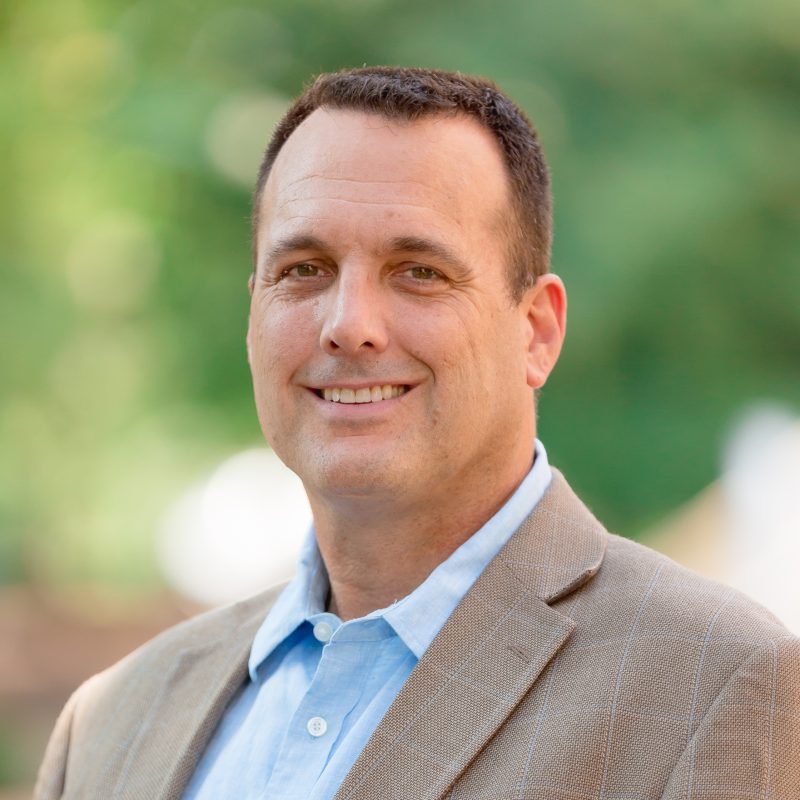Dr. Gregory J. Bott, Associate Professor of MIS and MIS Endowed Faculty Fellow, has been named a Visiting Associate in the Faculty of Media, Science and Technology in the School of Psychology at Bournemouth University. The three-year appointment recognizes scholars with strong research records who can contribute meaningfully to the university’s work.
Bott is a leading researcher in human trafficking and a member of the Sex Trafficking Analytics For Network Detection And Disruption (STANDD) initiative within the Institute of Data Analytics at Culverhouse. For Bott, the honor opens new doors for collaboration in a field where sharing data can save lives. “Basically, it gives me access to their library, their resources, and their team,” he said. “We’re working closely with two researchers there, Sarah Savage and Kari Davies, who are studying what they call ‘cyber signatures’ in trafficking. We’re now building a joint study comparing patterns of trafficking in the U.S. and the U.K.”
Bott and his longtime collaborator Nick Freeman are known for managing one of the largest trafficking-related data sets in the United States, which includes hundreds of millions of records that reveal how traffickers move, advertise, and evade law enforcement. Bournemouth’s team hasn’t yet collected data on that scale, making the partnership especially powerful.
Their goal is to identify what is similar, what is different, and how both countries’ agencies, nonprofits, police, analytics teams, and national organizations like the U.K.’s National Crime Agency, can benefit from each other’s findings. Bott expects the collaboration will spotlight issues ranging from cross-border movement to community-based networks to how legal differences between the countries shape trafficking patterns.
“In the U.S., only a few counties allow legal sex work. In the U.K., some aspects of sex work are legal, so the patterns look very different,” he said. “Understanding those differences is crucial. We want to see how their strategies might help us and how our work might help them.”
While the Visiting Associate position doesn’t require him to relocate, Bott does expect to spend time in Bournemouth during his term. For now, the work is already underway: comparing datasets, looking for shared signatures, and building a clearer picture of a global crime that thrives on secrecy and fractured jurisdiction.
“We’re hoping this collaboration improves the fight on both sides of the Atlantic,” Bott said. “The more we can learn from each other, the better we can protect vulnerable people.”

